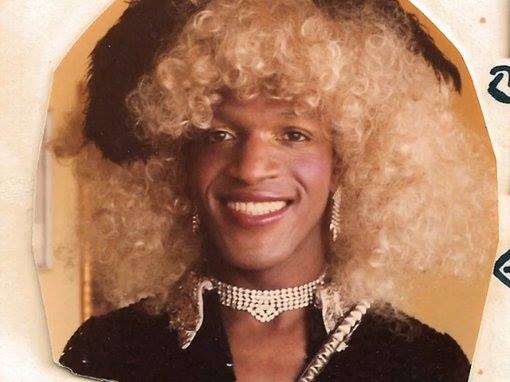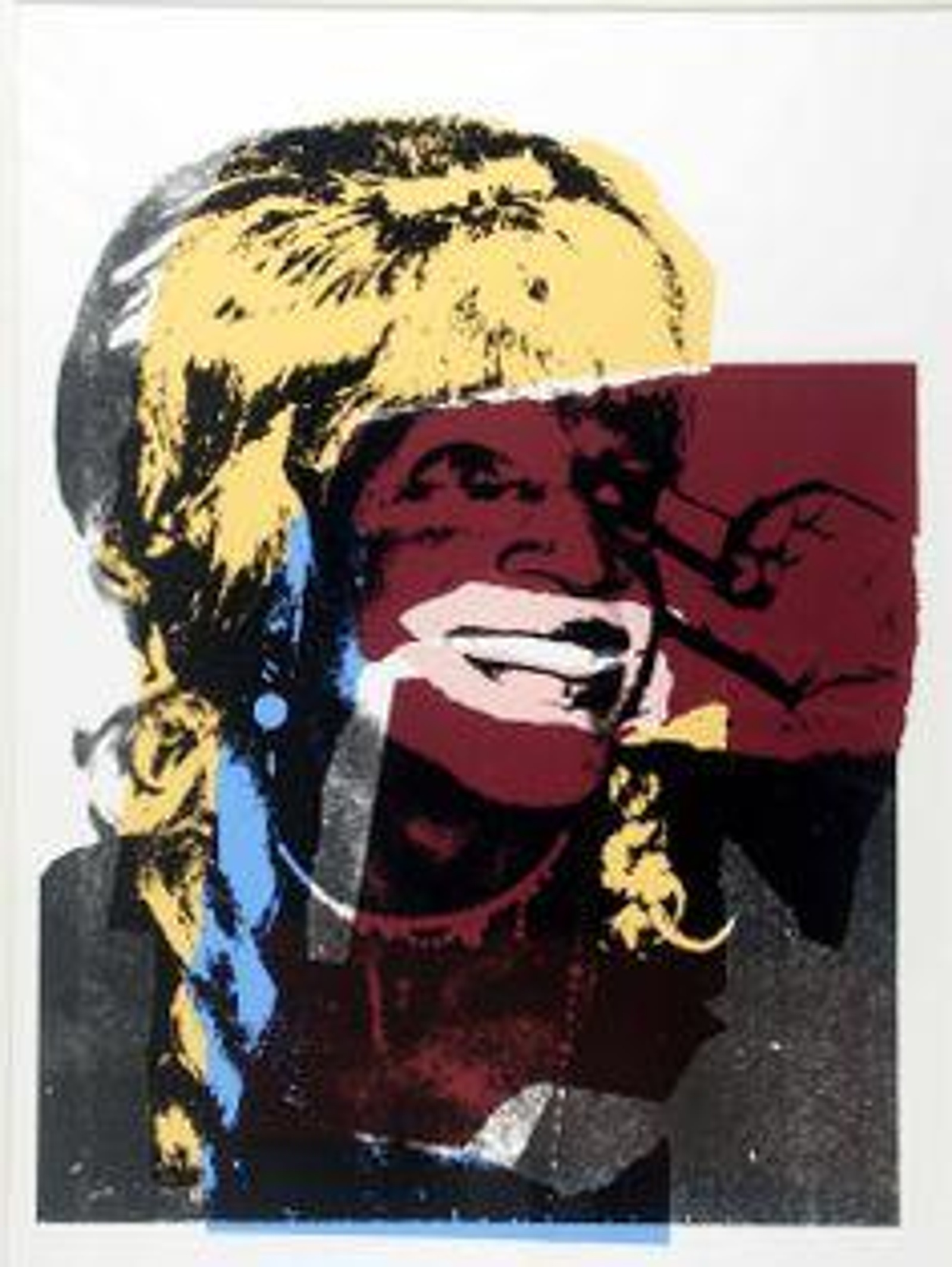Marsha P. Johnson is the iconic LGBT activist. She's best known for playing an instrumental role Stonewall Riots, but Marsha's story extends beyond Stonewall. Throughout her lifetime, Marsha fought for the rights of African-American Transgender people, and provided food and shelter to transgender youth living on the streets.
Born in Elizabeth, New Jersey, Marsha moved to Greenwich Village in 1966. At the time, Greenwich Village was a hotbed of activism and liberal thinking. The Village hosted a large community of LGBT people, and provided places for them to gather without fear of violence or judgement.
Unfortunately, Marsha had a difficult time finding a stable source of income or accommodations in the Village, and often lived on the streets, and had to resort to prostitution to provide for herself. It was while working on the streets where she became a member of New York's large society of drag queens, and met lifelong friend and co-legend Sylvia Rivera.
Shortly after arriving in New York, Marsha began performing in drag shows and at drag balls. She was quite popular, and went on to tour the United States and the rest of the world with the popular drag group, the Hot Peaches.
In 1969 Marsha was having a drink at the Stonewall Inn, a popular drinking spot for transwomen, butch lesbians, male sex workers, and homeless LGBT youth. The police raided the inn, and Marsha famously threw a shot glass, and shouted 'I got my civil rights!', igniting the famous riot that would last for six days.
Following Stonewall, Marsha, along with Sylvia Rivera, became a leading member of the Gay Liberation Front, and started actively lobbying for trans rights. Then, as now, much of the gay rights movement was centered around securing rights for white gay men. Marsha and Sylvia were both the loudest voices calling for inclusion of transgender people in the gay community.
To this end, Marsha and Sylvia created the Street Transvestite Action Revolutionaries (STAR)¹. STAR was devoted to providing food and shelter for homeless transgender youth, especially transgender youth of color. Though STAR was chronically underfunded, Marsha created a home for people pushed to the margins of society, and acted as a mother to the people she helped. Though STAR was forced to close down in the 1970s, the legacy of STAR is being carried on by the Marsha P. Johnson Institute.
In 1992, Marsha's body was pulled from the Hudson river. The NYPD detectives ruled her death a suicide, but her friends and family claim that she was not suicidal. It is much more likely that she was murdered, as she was seen being harassed by men earlier in the day.
Today Marsha is seen as one of the founders of the gay rights movement. She's an icon of resistance, and her memory is frequently invoked whenever resistance is needed. There has been a renewed interest in her life in the past decade, leading to several biographies being published, and multiple documentaries.
¹Just a note, the word 'Transvestite' while now considered a slur, was the common name for transgender people at the time of STAR.
Sources
The Unsung Heroines of Stonewall: Marsha P. Johnson and Sylvia Rivera
Marsha P. Johnson-Activist (1945-1992)
Marsha 'Pay It No Mind' Johnson
Power to the People: Exploring Marsha P. Johnson's Queer Liberation
 |
| Marsha P. Johnson. When asked what the 'P' in her name stood for, Marsha often replied that it stood for 'Pay it no mind'. |
Unfortunately, Marsha had a difficult time finding a stable source of income or accommodations in the Village, and often lived on the streets, and had to resort to prostitution to provide for herself. It was while working on the streets where she became a member of New York's large society of drag queens, and met lifelong friend and co-legend Sylvia Rivera.
Shortly after arriving in New York, Marsha began performing in drag shows and at drag balls. She was quite popular, and went on to tour the United States and the rest of the world with the popular drag group, the Hot Peaches.
In 1969 Marsha was having a drink at the Stonewall Inn, a popular drinking spot for transwomen, butch lesbians, male sex workers, and homeless LGBT youth. The police raided the inn, and Marsha famously threw a shot glass, and shouted 'I got my civil rights!', igniting the famous riot that would last for six days.
 |
| Marsha was asked to pose for Andy Warhol's 'Ladies and Gentlemen' series, which was a series of pop art portraits of transgender individuals living in New York City. |
To this end, Marsha and Sylvia created the Street Transvestite Action Revolutionaries (STAR)¹. STAR was devoted to providing food and shelter for homeless transgender youth, especially transgender youth of color. Though STAR was chronically underfunded, Marsha created a home for people pushed to the margins of society, and acted as a mother to the people she helped. Though STAR was forced to close down in the 1970s, the legacy of STAR is being carried on by the Marsha P. Johnson Institute.
In 1992, Marsha's body was pulled from the Hudson river. The NYPD detectives ruled her death a suicide, but her friends and family claim that she was not suicidal. It is much more likely that she was murdered, as she was seen being harassed by men earlier in the day.
Today Marsha is seen as one of the founders of the gay rights movement. She's an icon of resistance, and her memory is frequently invoked whenever resistance is needed. There has been a renewed interest in her life in the past decade, leading to several biographies being published, and multiple documentaries.
¹Just a note, the word 'Transvestite' while now considered a slur, was the common name for transgender people at the time of STAR.
Sources
The Unsung Heroines of Stonewall: Marsha P. Johnson and Sylvia Rivera
Marsha P. Johnson-Activist (1945-1992)
Marsha 'Pay It No Mind' Johnson
Power to the People: Exploring Marsha P. Johnson's Queer Liberation




